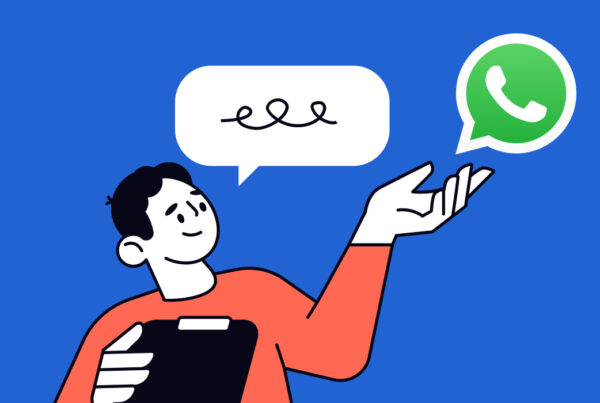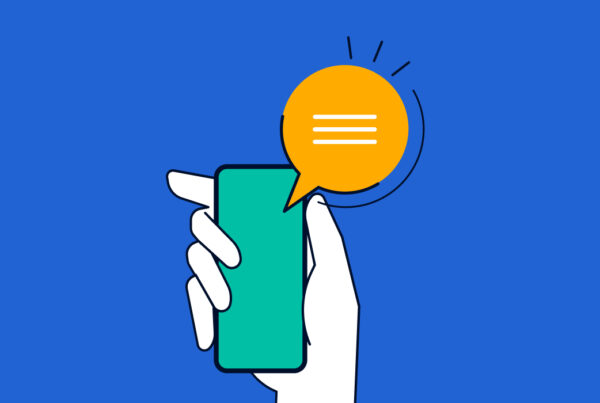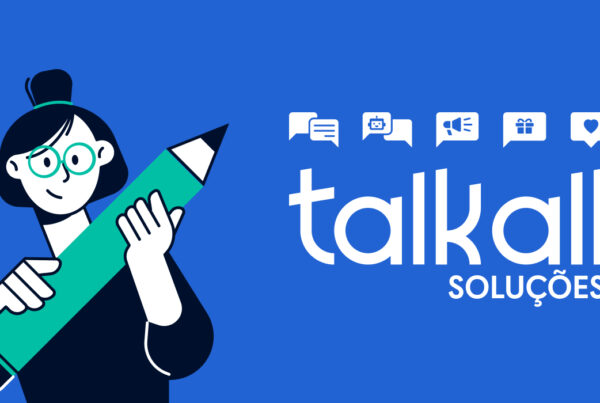Meta has been announcing since the beginning of this year several changes that will occur in WhatsApp's charging models by the end of the first half of the year.
In this new format, as of April 1, the 24-hour conversations will be divided into three new categories: utility, authentication, and marketing, while those initiated by the user continue as before and will be called service conversations.
In other words:
- Four new conversation categories are in effect as of April 1;
- They will be identified as Utility, Authentication, Marketing, and Service;
- When you create a message template, you need to select one of four categories.
How do you identify each of these categories?
Utility conversations: will facilitate a specific, previously authorized request, ongoing transaction, or update, including post-sales notifications and recurring invoice statements.
Authentication conversations: will enable companies to authenticate users with one-time passwords at various steps of the login process, such as account verification or recovery.
Marketing conversations: will be used to include promotions or offers, information updates, or invitations to customers who respond or perform actions.
Important: Conversations that do not fall into the categories of usefulness or authentication will be considered marketing.
The fourth category frames service conversations, identified as any conversation initiated by the user, such as to resolve a customer query.
Important: The registration and authorization process for the template messages remains the same.
How will conversation charges be initiated?
The charges will be based on the categories of the templates. When a template is delivered, a new conversation is opened and the category-related charge occurs (unless the message is sent in an existing conversation of the same category). Ex: If a marketing message template is delivered in an already opened utility conversation, a new marketing conversation is started and the charge for that category occurs.
Sending multiple templates of the same category in an open conversation will not result in additional charges. Thus, a company can send different utility message templates in such an open conversation without additional charges.
Service conversations will only be started when there are no open conversation windows and the company responds to the user with a free message format in the 24-hour customer service window. If the company sends a message or a reply to the user with a message template in the open service conversation window, this action will start a new conversation based on the category of the template.
Conversations with free entry point are an exception. During this window, companies can send multiple message templates from different categories without opening new conversations.
What will the new tariffs be?
Business and user initiated chat fees vary by country or region and as of June 1, 2023 will cost as follows. In Brazil, the amounts charged are in accordance with the dollar exchange rate.
Utility Talk: $0.03;
Marketing Talk: $0.06;
Authentication chat: $0.03;
Service Talk: $0.03.
What changes are already in effect as of March 1, 2023?
Conversations with free entry point.
Conversations are not charged when a user contacts the company using a call-to-action button on click ads for WhatsApp or Facebook Pages.
Increasing the time of the conversation window.
As of March 1, the window for free conversations has been increased from 24 to 72 hours when users send messages to businesses using both WhatsApp's own and Facebook's ad buttons as entry points.
When a free entry point conversation is open, no other categories are started, even if the company sends a message template in the window.
Changes expected as of June 1.
After this date, company-initiated conversations will no longer be included in the free 1,000 conversation package, i.e. only the 1,000 user-initiated interactions will be free. The free conversation limit is reset each month.
How do these changes influence the service provided by your company?
This depends on how your company uses WhatsApp to communicate with its customers. Most TalkAll customers use the template messages to open the conversation, making the first contact with the customer, or rescue previous conversation and this way, there will not be as much impact.
If you have any questions, please visit the Meta website or contact our team.



